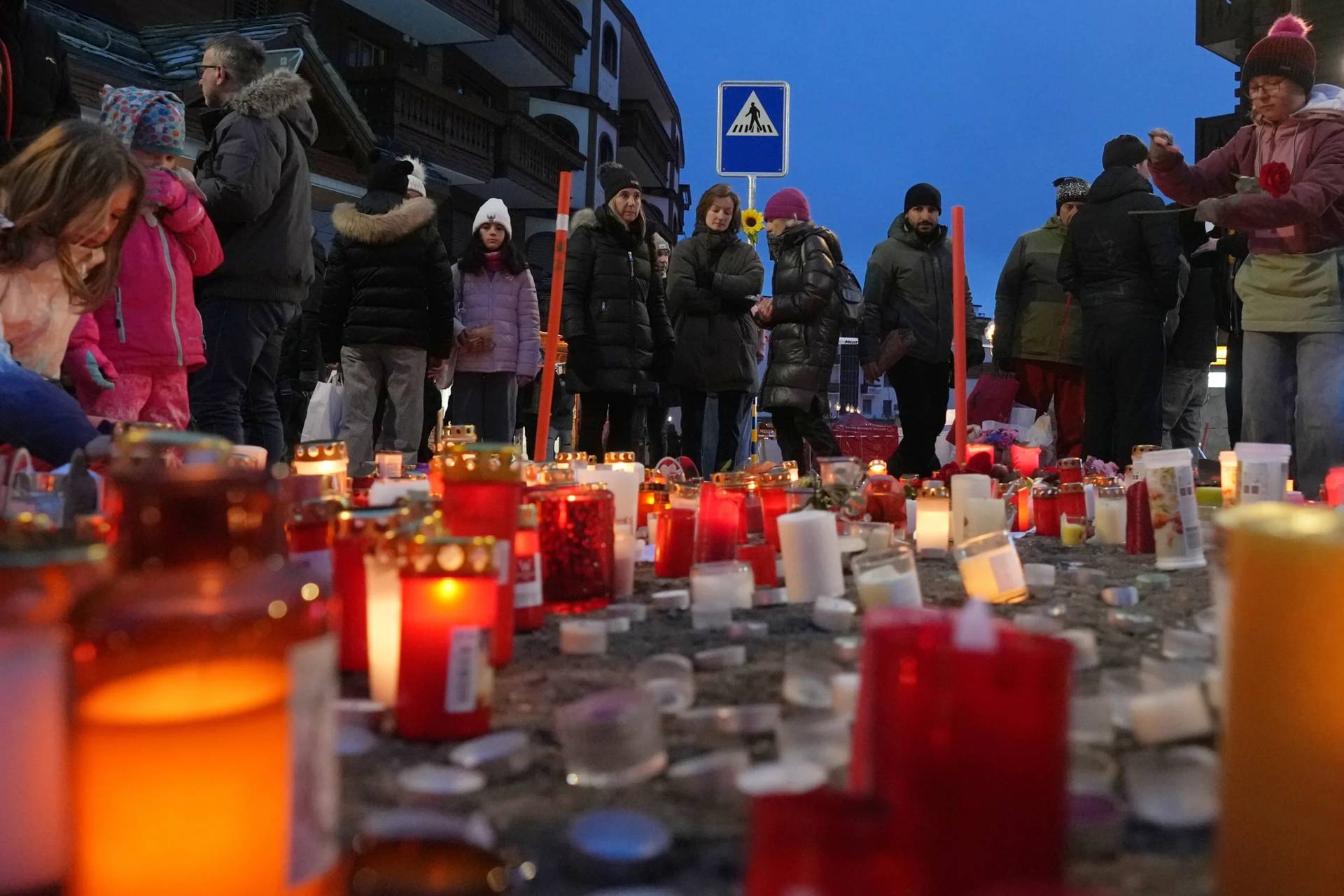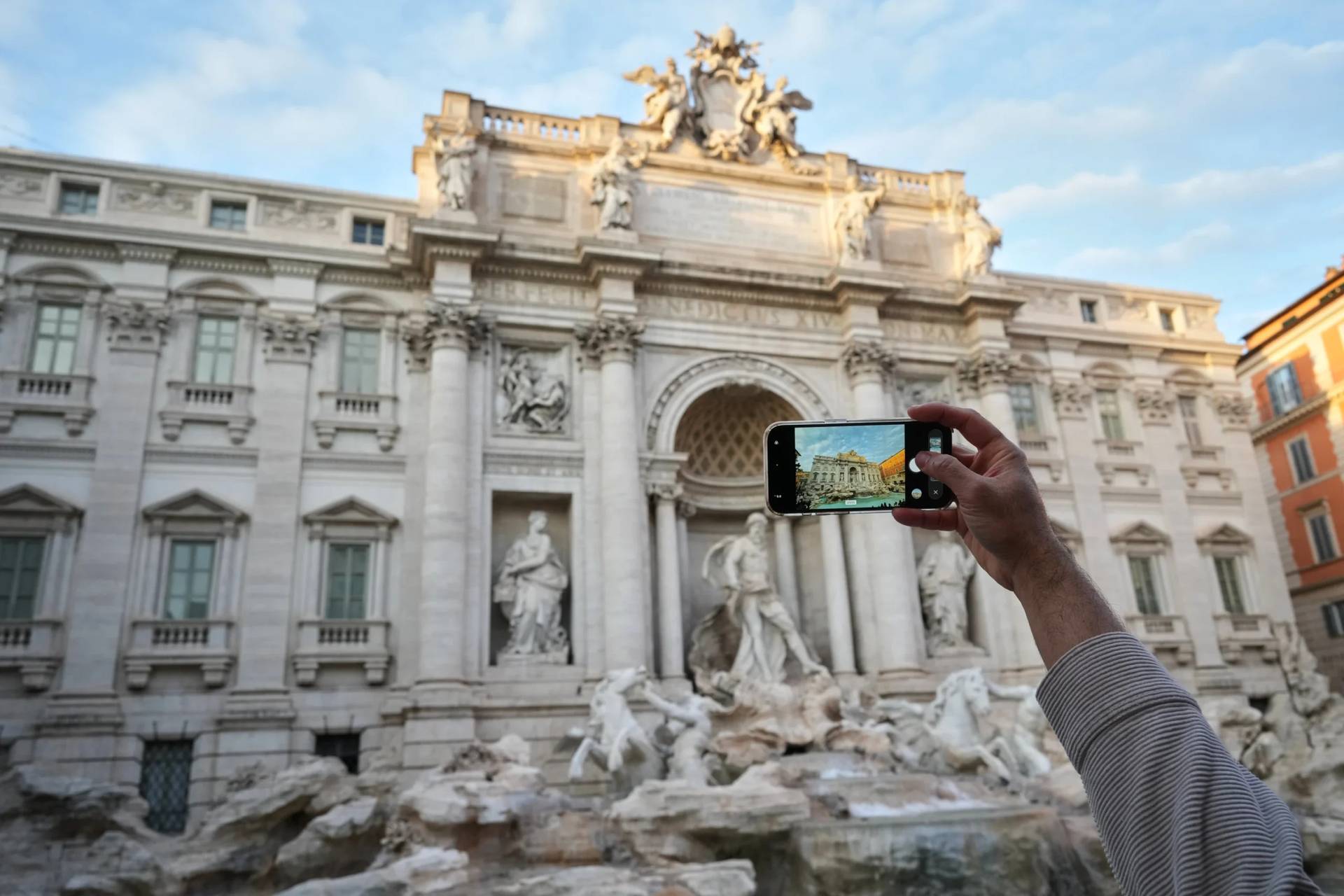ROME – This has been a big week for Ukraine in more ways than one, starting with the country’s impressive victory over Sweden in the European Championship playoffs, which was followed up by a phone call with Pope Francis and invites for a papal visit.
Ukraine’s big victory happened Tuesday, when the country’s national team beat Sweden 2-1 at the 121st minute of supplementary time, making it the latest winning goal ever scored in a European Championship.
The team will now move on to the quarter finals, where they will face off against England at a match played in Rome July 3.
Yet another significant development happened the day after the team’s big win, when Ukrainian President Volodymyr Zelenskyy had a private phone call with Pope Francis, during which he invited the pope to visit the country, appealing to the Catholic Church’s “moral authority.”
According to an official communique from the president’s office, the call between Zelenskyy and Pope Francis took place June 30, during which Zelenskyy congratulated the pope on the occasion of the Feast of Saints Peter and Paul, and voice appreciation for “the opportunity to continue our dialogue.”
“The Holy See is the world’s moral authority,” Zelenskyy said, and recalled how the phone conversation took place around the 10th anniversary of St. John Paul II’s June 23-27 visit to Ukraine in 2001.
Zelenskyy said Ukrainians have a fond memory of that visit, and recalled the Polish Pope’s famous declaration that “Europe should breathe with two lungs: Western and Eastern,” with Ukraine being part of the eastern lung.
In this context, Zelensky said a papal visit to Ukraine would be the “oxygen that is so needed,” especially in light of the ongoing conflict in the country’s eastern Donbass region.
“The people of Ukraine are waiting for the visit of Your Holiness,” Zelenskyy said, insisting that Ukraine is a place of peaceful coexistence, where representatives of different religious traditions live together side by side.
According to the communique, Zelenskyy praised Pope Francis for his attention to global issues such as peace, interreligious dialogue, the plight of migrants and refugees, and attention to the poor.
He also thanked Francis for his frequent prayers for peace in Ukraine, noting that more than 14,000 people have died in the conflict in Donbass, and 1.5 million have been displaced as a result of the violence.
“We look forward to working with the Holy See and to your support in bringing peace to Donbas,” Zelenskyy said, adding, “The support of the world community and spiritual leaders is extremely important.”
He closed reiterating his invitation for Pope Francis to visit Ukraine – a visit he said could have fateful consequences in the country.
For the past seven years Ukraine has been crippled by a war that erupted after Russia’s annexation of the Crimean Peninsula in 2014. Though Russia claims that Crimea is now part of its territory, the peninsula is still recognized internationally as belonging to Ukraine, which wants it back.
Conflict immediately broke out with Russian-backed separatists in eastern Ukraine following the annexation, beginning a years-long violent war that has claimed the lives of thousands and left millions displaced.
Numerous ceasefire agreements over the years have fallen through, with other European leaders continually seeking to persuade Russia to scale back its military presence on Ukraine’s eastern border, where some 100,000 Russian troops are believed to be amassed.
In March, Russia deployed both land and airborne divisions in the border regions of Rostov, Bryansk, and Voronezh, as well as in Crimea, prompting retaliation from Ukrainian forces.
A month later, Russian Defense Minister Sergei Shoigu said some forces would be pulled back, but locals insist nothing has changed.
That same month the All-Ukrainian Council of Churches and Religious Organizations issued an appeal to the international community to help restore a July 2020 cease-fire agreement.
Archbishop Sviatoslav Shevchuk of Kyiv-Halych, major archbishop of the Ukrainian Greek Catholic Church and the council’s chairman, urged Ukrainians abroad to speak out about the situation and be “witnesses to truth” about the reality of the conflict.
Over the years, both Shevchuk and other representatives of the Ukrainian Greek Catholic Church have appeal for a papal visit from Pope Francis, insisting that his presence could help bring about the peace.
Speaking to journalists July 8, 2019, following a two-day meeting between Ukrainian Greek Catholic bishops and Vatican officials, Shevchuk the bishops on that occasion had invited Francis to visit Ukraine.
“If the pope puts his foot on Ukrainian soil, there will be no more war,” he said.
Speaking to Crux on the impact the war has had on Ukraine, Archbishop Borys Gudziak, who leads the Ukrainian Catholic Archeparchy of Philadelphia, said regular shelling and sniper fire “continues to bleed the country and its people.”
“Can you imagine what it is like to have state-sponsored terror for eight years? Putin cannot accept the fact that Ukraine is a viable democracy with civil rights, freedom of the press, full freedom of religion, free and fair elections,” Gudziak said, adding, “He wants Ukraine to fail and fall.”
Yet despite these efforts, Ukraine is still standing, despite the human, social, and economic cost, he said, insisting that “Ukraine needs the moral and material support of all people of good will that yearn for peace, the peace that Ukrainians yearn for, the peace that Pope Francis preaches and represents.”
It has long been speculated that the reason Pope Francis – who visited war-torn Iraq in March – has failed to travel to Ukraine despite repeated pleas from Church and political leaders is fear over potential backlash from Russia.
Pope Francis and Russian Orthodox Patriarch Kirill II had a historic first meeting in Cuba in 2016, and it is unlikely the Vatican, or the pope, will do anything they think might upset the progress made during that encounter.
Gudziak said that a papal visit to Ukraine “would focus attention on the various positive aspects of Ukrainian society, that is progressively emerging from the previous century of totalitarian genocidal trauma.”
“It would draw attention to the humanitarian crisis that the Russian invasion has produced in the country. It would shine light on the shadow of darkness and illumine what is programmatically obfuscated and distorted by the disinformation war,” he said, saying the pope would be “a bearer of peace, one that the invaders would have to recon with.”
Gudziak said he believed a papal visit would help the country find both healing and hope, “because Pope Francis wants to be there where the children of God suffer.”
“I see every reason for the Holy Father to come and bring solace, encouragement, and the joy of the Gospel. Don’t you?” he said.
This story has been updated with Archbishop Borys Gudziak’s comments.
Follow Elise Ann Allen on Twitter: @eliseannallen















